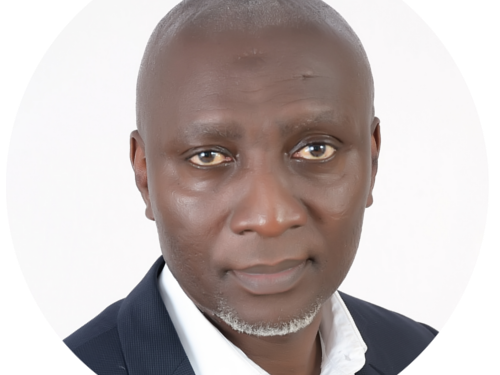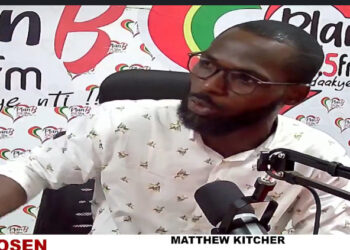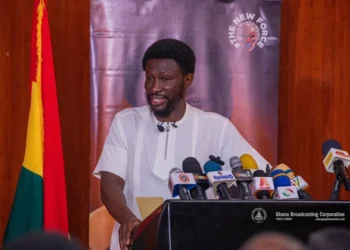International diplomatic consultant, Farouk Al-Wahab rebukes international interference in Ghana’s affairs, asserting the nation’s right to uphold its own policies.
In an interview on the 12 o’clock Report on Thursday (29 February), Al-Wahab emphasised Ghana’s sovereignty, paralleling the steadfastness of Western nations in maintaining their policies despite global dissent.
Al-Wahab’s remarks come in response to heightened scrutiny following the passage of the “Promotion of Proper Human Sexual Rights and Ghanaian Family Values Bill 2022,” which seeks to criminalise various aspects of homosexuality.
The United States recently expressed deep concern over this legislation, prompting Al-Wahab to defend Ghana’s autonomy.
“Have the Europeans also positioned themselves, or the Americans, or the Canadians, or the Western hemisphere? Have they also trained in to the request of what the Africans are demanding? No, they stick to their policies; this could be termed and be seen as one of the Ghana’s also our policy,” Al-Wahab asserted.
He stressed the importance of Ghanaian lawmakers representing the nation’s interests, highlighting the role of democratic principles in shaping Ghana’s identity on the global stage.
Al-Wahab also questioned the selective intervention of the international community, pointing out disparities in their treatment of nations like Qatar, Dubai, and Morocco, which enjoy autonomy despite their smaller populations.
“Yes, the shakeup will come, but don’t forget that they also need us to survive much as we need them. We are always looking at we depend heavily, we depend heavily,” Al-Wahab noted, emphasising the mutual interdependence between Ghana and the international community.
“Yes, of course, we should blame ourselves for being where we are because there are smaller nations like Brunei, Kuwait, Qatar that is not up to 1,980,000 population. Does the international community that you are referring to, without mentioning country names do they instruct Qatar what to do? Do they instruct Dubai? Do they instruct most of the kingdoms around the world, including Morocco, etc.? Have they told them what to do? Is Morocco not an African country like ours? It is the way you communicate and the way you let them understand your stance on the position.”










Discussion about this post